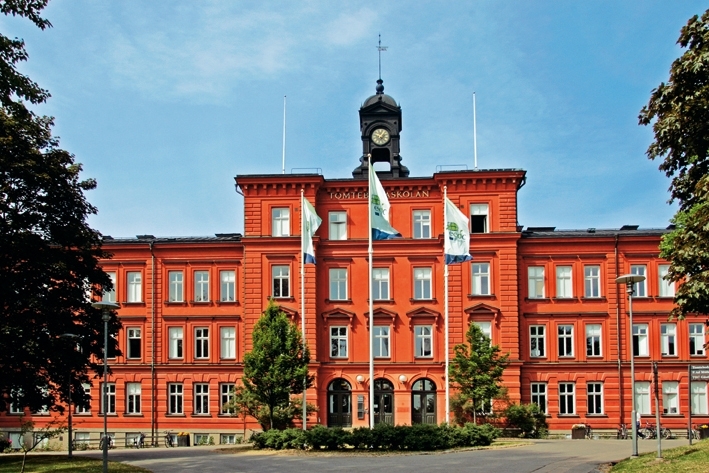Possible infection diseases due to the streams of refugees: This is a very delicate item and there are differing views on it. How is the situation really? Which infectious diseases are already/ resp. could be a problem in the future for Europe? Which challenges we will have to face? We enquired at the European Centre for Disease Prevention and Control (ECDC).
Some days ago the infection disease specialist Andreas Gilsdorf from RKI said, that at the moment he does not see a danger. And also Dr. Guenael Rodier from the WHO (Director of Communicable Diseases, Health Security and Environment) emphasized that there is no systematic association between migration and the importation of infectious diseases. Do the specialists of ECDC share this opinion?
“Migrants entering Europe are, in general, healthy and are not bringing new or exotic diseases with them. European cases of exotic diseases such as MERS or Ebola are more likely to be imported via regular travellers and tourists than irregular migrants”, ECDC told us. “It is unlikely that sick individuals would embark on an arduous journey to Europe, but the toll of the journey and the conditions in which they travel can be conducive to disease transmission. Overcrowding in transport and processing centres make adequate hygiene and sanitation more difficult, which in turn, can increase vulnerability to infections.
The diseases that new migrants are at risk of can be broadly grouped as those that also relate to travellers and tourists travelling and returning to Europe – For example gastroenteritis, malaria; socio-economic problems, connected to living in over-crowded conditions, poor hygiene etc; and un-vaccinated or under-vaccination: either due to a breakdown in their country’s routine immunisation programme, eg due to conflict, or a poorly functioning programme, which makes children in particular vulnerable to exposure to viruses circulating in Europe.”
For more information about the topic, please see a recently published report from ECDC




